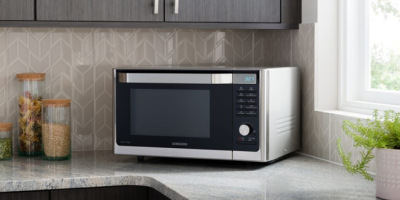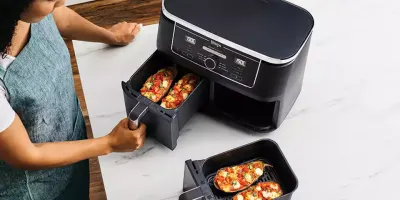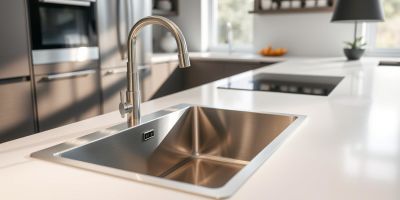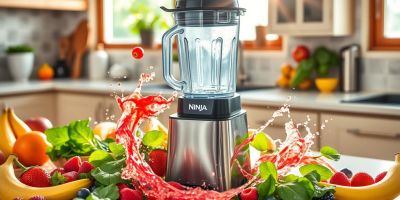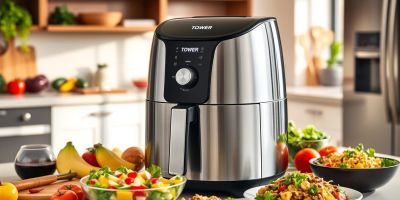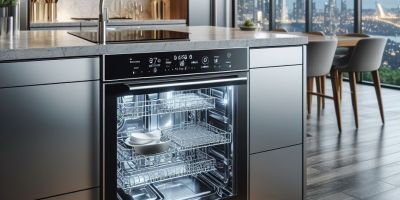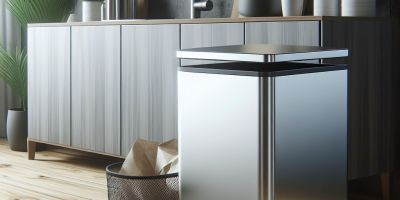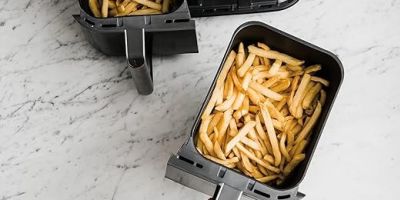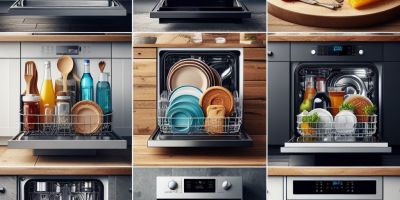2025-06-10 14:38:26 |
The kitchen is the heart of a home, bustling with activity and energy. It’s where we prepare meals, share conversations, and create lasting memories.
Upgrading to Energy-Efficient Appliances
Older kitchen appliances can be significant energy hogs. Upgrading to energy-efficient models can make a substantial difference in both energy consumption and costs. Look for appliances with the ENERGY STAR label, indicating they meet specific energy efficiency guidelines set by the Environmental Protection Agency (EPA). For instance, modern refrigerators, dishwashers, and ovens are designed to use less energy while maintaining high performance.
Proper Use of Appliances
Besides investing in energy-efficient appliances, how you use them matters. For instance, when using the oven, try to cook multiple items simultaneously to maximize energy use. Additionally, ensuring that the oven door remains closed while cooking helps retain heat and reduces energy waste. Using smaller kitchen appliances, like a toaster oven or microwave, for smaller meals can also conserve energy compared to firing up a large oven.
Use ‘Eco’ modes on appliances
Smart Cooking Techniques
Cooking techniques significantly impact energy consumption. Opt for lids when cooking on the stovetop to retain heat, reducing cooking time and energy used. Thawing frozen foods in the fridge beforehand can reduce cooking time, and using the right-sized cookware on burners ensures efficient heat transfer, saving energy.

Wash your clothes at 30 degrees
Fill the dishwasher
Efficient Water Usage
Dry clothes outside
Replace your bulbs with LEDs

Use an Air Fryer

Turn appliances off standby
Optimize Refrigerator Efficiency
The refrigerator is one of the most energy-intensive appliances in the kitchen. Ensure its optimal performance by cleaning the coils regularly and maintaining proper temperature settings. A well-organized fridge allows for efficient airflow and reduces the time the door remains open. Avoid placing hot food directly into the fridge as it forces the appliance to work harder to maintain the set temperature.
Recycling and Composting
Implementing recycling and composting practices in the kitchen not only benefits the environment but can also indirectly save money. By reducing waste, you're likely to purchase fewer single-use items, thereby decreasing overall costs while contributing to a healthier environment.
Regular Maintenance
Regular maintenance of kitchen appliances ensures they operate at peak efficiency. This includes cleaning filters, inspecting seals on refrigerators and freezers, and ensuring that appliances are well-maintained. Proper maintenance not only prolongs the lifespan of appliances but also ensures they consume energy optimally.

Behavioural Changes
Simple behavioural changes can make a substantial difference in energy consumption. Turning off appliances when not in use, such as lights, the oven, and small kitchen gadgets, can save significant energy over time. Being mindful of energy use and fostering an energy-saving mindset within the household can create a lasting impact.
In conclusion, the kitchen is a vital part of our daily lives, and adopting energy-saving practices can significantly impact both energy consumption and cost savings. By investing in energy-efficient appliances, using appliances wisely, optimizing cooking and cleaning techniques, and fostering an energy-conscious mindset, you can create a more sustainable and cost-effective kitchen environment. Small changes collectively add up, benefitting both your wallet and the environment in the long run.






















